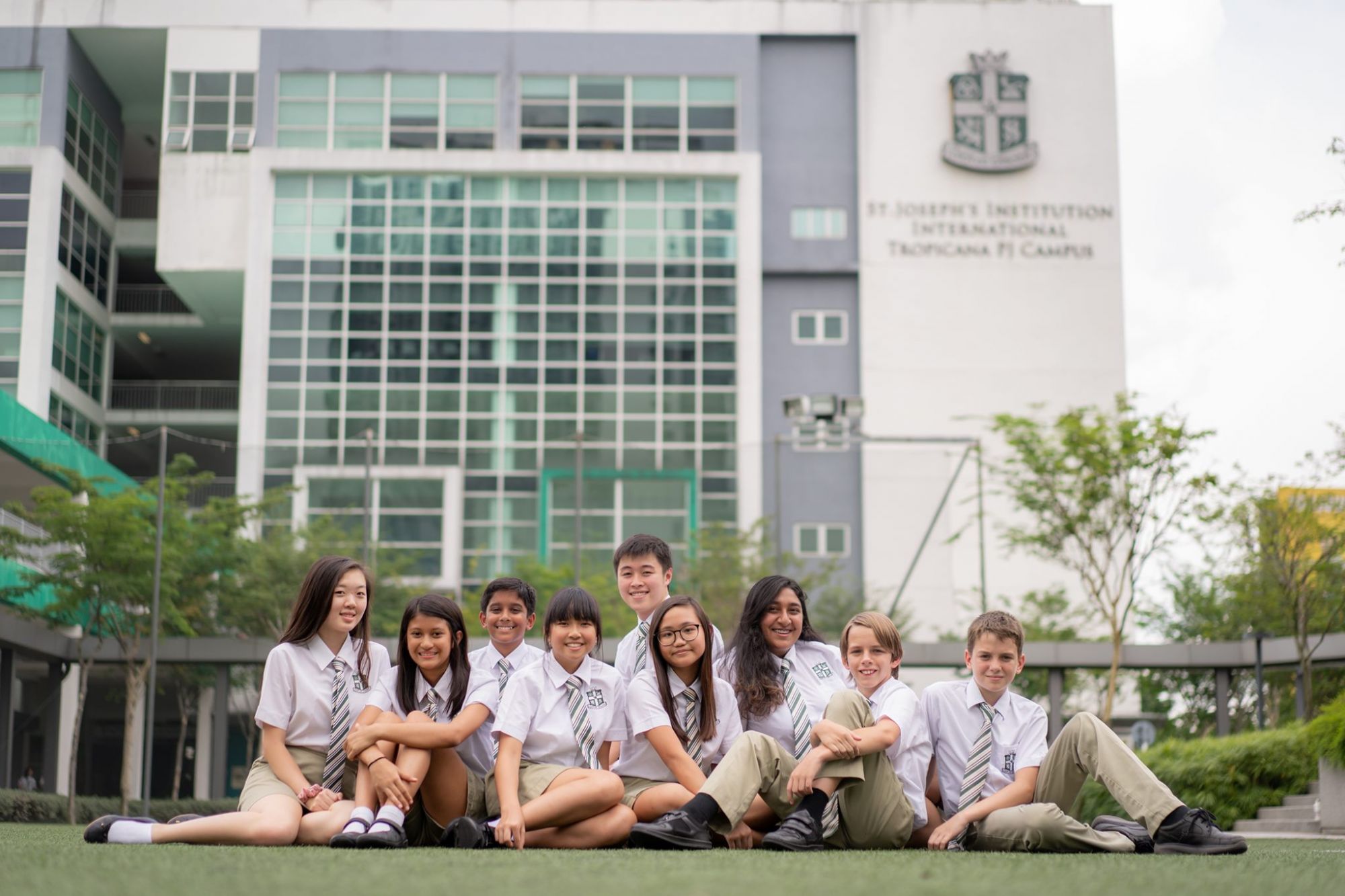How St. Joseph's Institution International School Malaysia and Kolej Tuanku Ja'afar are empowering students to call out inappropriate behaviour and other dangers
More than just for sharing candid thoughts and pretty flat-lays of food, social media today is a tool for young people to address pressing issues of our time, from harassment and misogyny to bullying and peer pressure in school.
But the dangers of social media are just as prevalent as its benefits, prompting parents and educators to take more precautions than ever to protect kids and teens from subtle forms of inappropriate behaviour. Thankfully, matters of personal safety and mental health are very much at the centre of school life at these top international schools in Malaysia.
To shed more light on this, we speak to Suresh Naidu of Kolej Tuanku Ja'afar and Gary Cairns of St. Joseph's Institution International School Malaysia (Tropicana PJ) for a closer look at how their respective institutions empower both students and teachers within and outside of the classroom.
Related: How Alumni Of Top International Schools In Malaysia Have Done Their Parts To Fight Covid-19

How serious is Kolej Tuanku Ja'afar (KTJ) about student safety? Aside from conducting rigorous background checks on incoming staff and incorporating health and safety topics into its curriculum, the international boarding school in Mantin, Negeri Sembilan, appoints a dedicated Safeguard Committee consisting of six staff members to enforce KTJ's Safeguarding Policy.
Related: The Founders Of Kolej Tuanku Ja’afar On Educating Tomorrow's Leaders Today
"Our Safeguarding Policy clearly spells out the expectations from all employees on providing an environment that is safe and healthy for students," shares Suresh Naidu, head of secondary (pastoral) and safeguarding lead at KTJ. "It's important to note a written policy is not necessarily a practised policy. Our policy, on the other hand, is written, practised, implemented and regularly reviewed. The process starts even before an adult is employed to work with children here at the school."
According to Naidu, the Safeguarding Policy and procedures feature prominently at every stage of the staff employment and training process at the school, from background checks and interviews to their first training as KTJ employees. The school regularly conducts refresher Safeguarding courses for its staff, consistently ensuring strict compliance with relevant laws like the Sexual Offences Against Children (SOAC) Act 2017.
"We practise an open and transparent approach where every employee is held accountable, from the school guard to the school principal," says Naidu.




